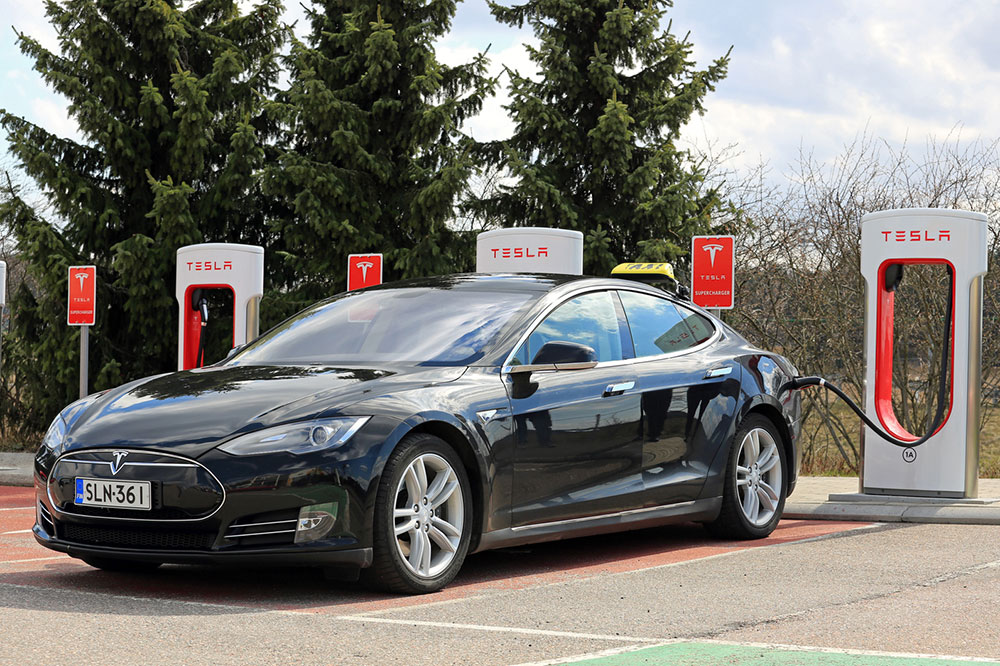
Hybrid vs. Electric Cars – Which One Should You Choose
Hybrid and electric cars are two kinds of automobiles that are in demand today. Yet, they carry significant differences. While the hybrid car runs on the regular fuel engine, an electric vehicle, as the name suggests, gets most of its power from electrical sources. While a hybrid car does contribute to reducing pollution, electric cars come under the category of zero-emission vehicles.
Let’s take a look at some of the differences between a hybrid and an electric car.
The origin of hybrid vehicles
Toyota was the first to acknowledge and pioneer the hybrid vehicle in 1998 with the Toyota Prius. It later passed on this technology to Ford for the mini SUV Escape. As for the first electric vehicle, General Motors brought EV1 from 1996-1999 in the country. Although it has a very limited driving range, it couldn’t maintain a long run and General Motors discontinued all of them.
Cost-efficiency in terms of fuel consumption
When it comes to the cost of fuel, electric vehicles are more cost-efficient as there is no fuel required, and your electric vehicle can charge from various sources. On the other hand, hybrid cars have the option of gasoline as well. Now, talking about which provides longer hauls, a hybrid vehicle may prove to be more flexible, mainly when you have run out of electricity and need fuel.
Types
When comparing hybrid vs. electric cars, there are three types, namely plug-in hybrids, hybrids, and all-electric vehicles. Let’s discuss each one in detail and understand how they can be beneficial when traveling:
- Plug-in hybrid
These are the cars that come packed with both battery and gasoline engines. They are known to have more capacity. The electric capability of these cars can be used to travel short distances, after which it can be switched to conventional fuel.
- Hybrid
The main difference between a plug-in hybrid and hybrid is that there are two sources of power (battery and gas). The vehicle automatically switches between electric and gas mode depending on how much power is needed.
- All electric
In simple terms, to supply an all-electric vehicle with power, you will have to provide it with electricity. This could be done in three ways: regenerative braking, a 120-V plug, and a 240-V charging station. Regenerative braking uses wasted energy by utilizing the motor as a generator through which it creates more electricity. On the other hand, the 120V outlets at home would require your vehicle to plug in all night. Lastly, a 240 -V station would charge the car in a shorter time.
The future will rely significantly on these two vehicles. Who knows, in the later future, hybrid vs. electric cars may even affect your car-buying decision. Having seen some of the major differences, it goes without saying that both cars are eco-friendly and can operate more efficiently than conventional vehicles.



